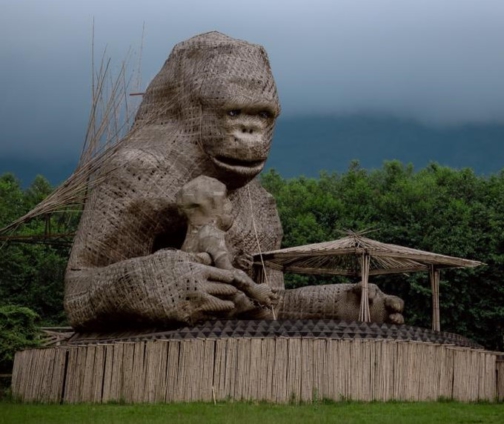From its classification as "critically endangered", Rwanda’s gorillas are now classified as "endangered", and a huge part of the world’s wild, which is feared to become extinct if nothing is done to protect them from poaching and human violence.
As the world hurries to protect the nearly thousand gorillas existing in the world with massive investment Rwanda organises periodic naming ceremonies for newly born baby gorillas.
This is part of efforts to keep the gorilla population growing and protect the ecosystem.
JoyNews' Gifty Andoh Appiah has met some of these animals who are known to share 98 per cent of the same DNA as humans.
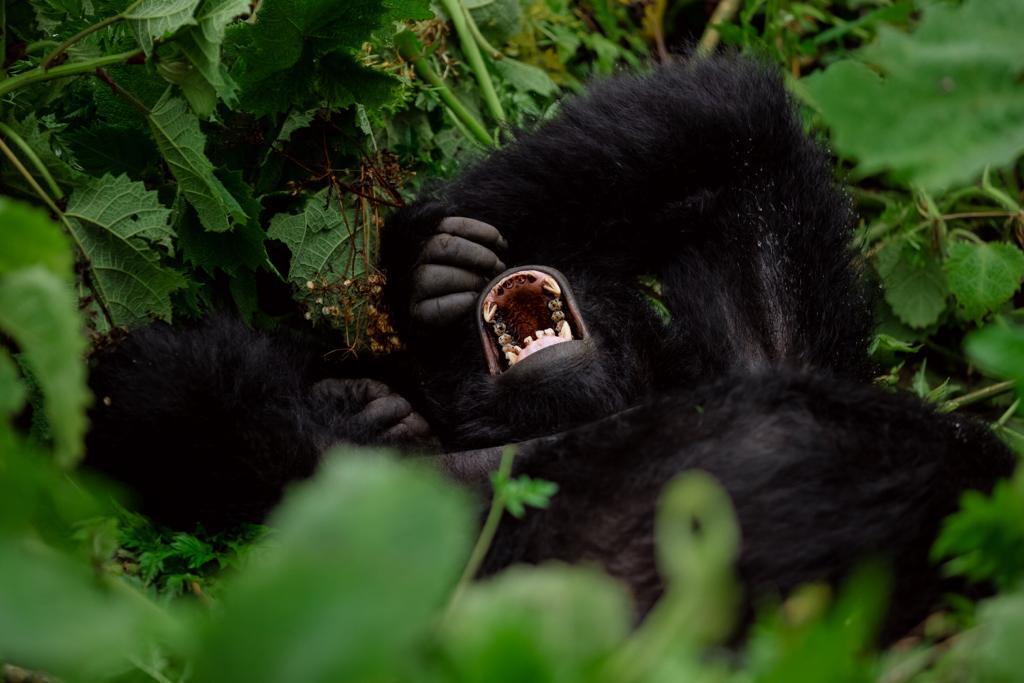
About 3000 meters above sea level, and shortly after heavy rains, I got the chance to meet Mpuzamahanga. That is its given name, meaning attraction to all nations.
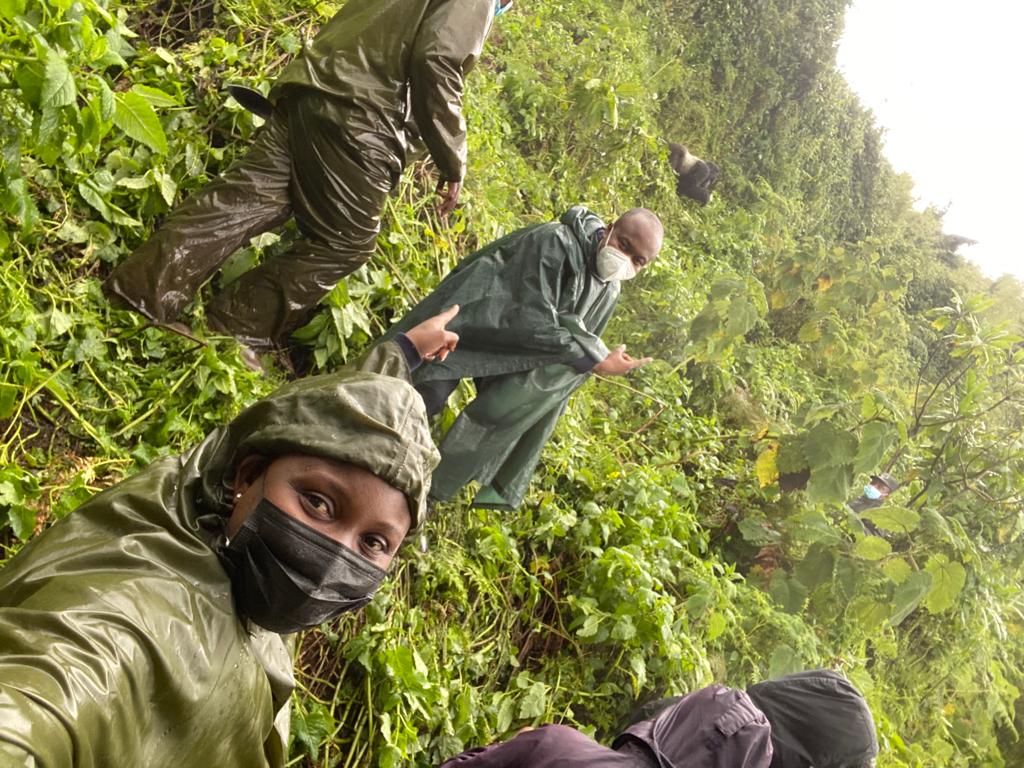
It is a huge black creature with streaks of silver coloured fur in between its upper back and buttocks, which are very identical to that of humans.
Indeed its entire makeup looks human, except it is on averagely six times stronger than humans.
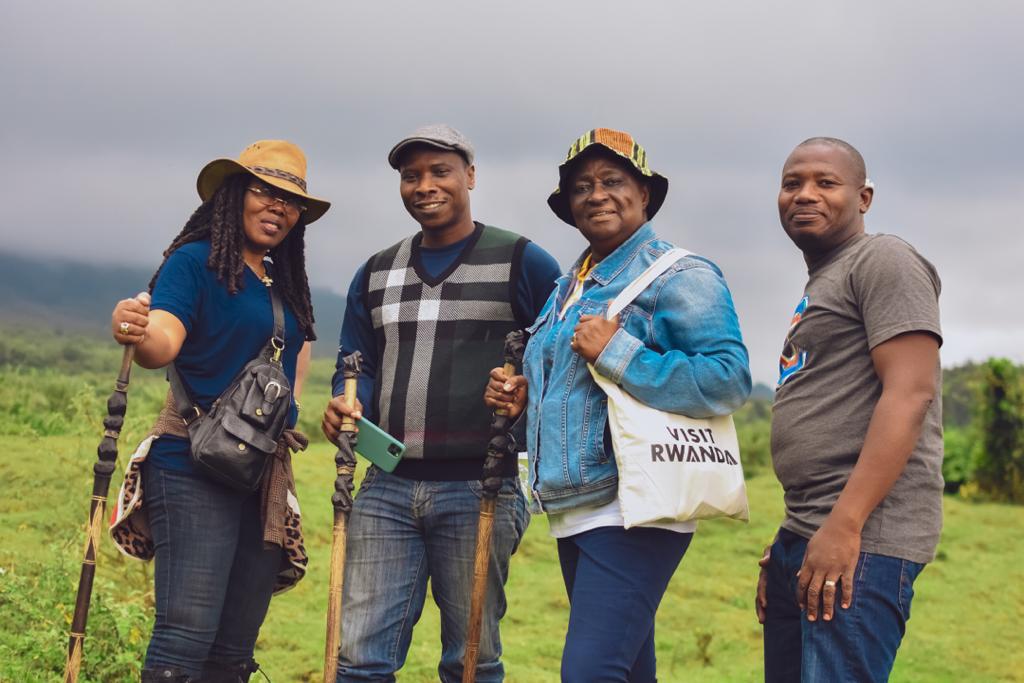
This kind is classified as a silverback. Gorillas move in at least 10 families and are very territorial but highly compassionate.
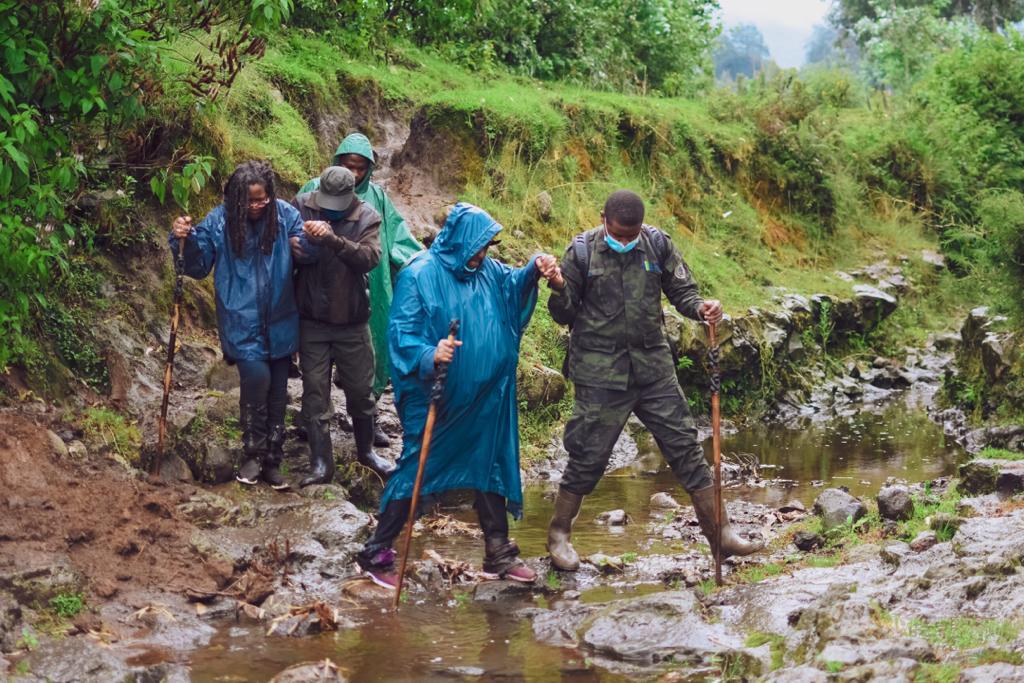
Mpuzamahanga is the head of the 'Susa' gorilla family. It is out today with baby Ihoho, meaning beauty.
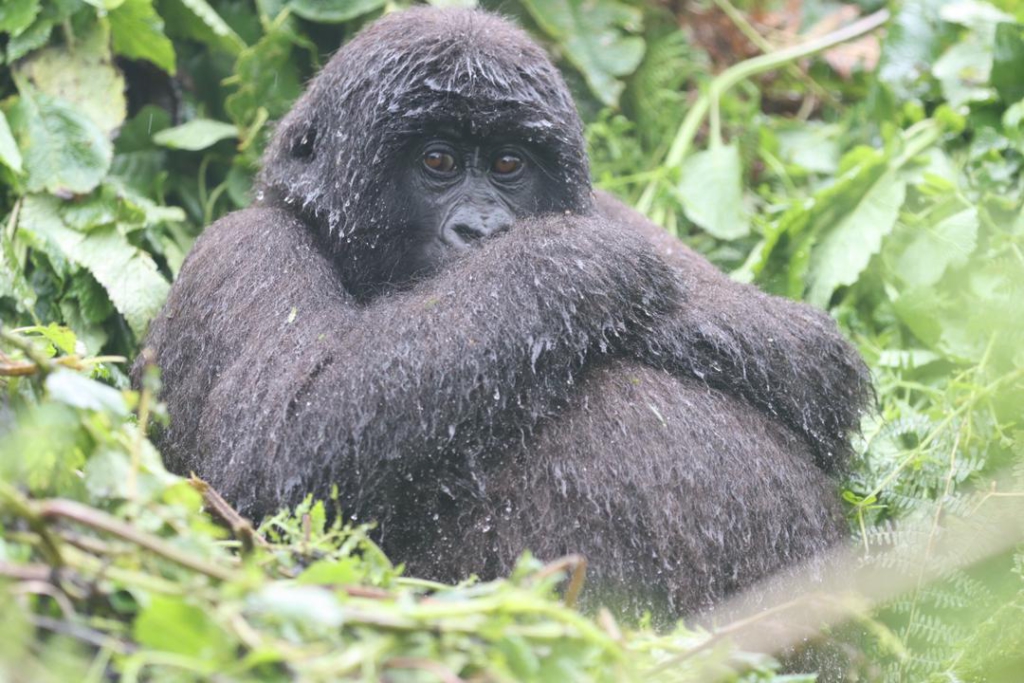
Mpuzamahanga is seated in deep anxious thought in the cold just like a human, and when he yawns, he reveals an amusing sight of unevenly spread black and white teeth.
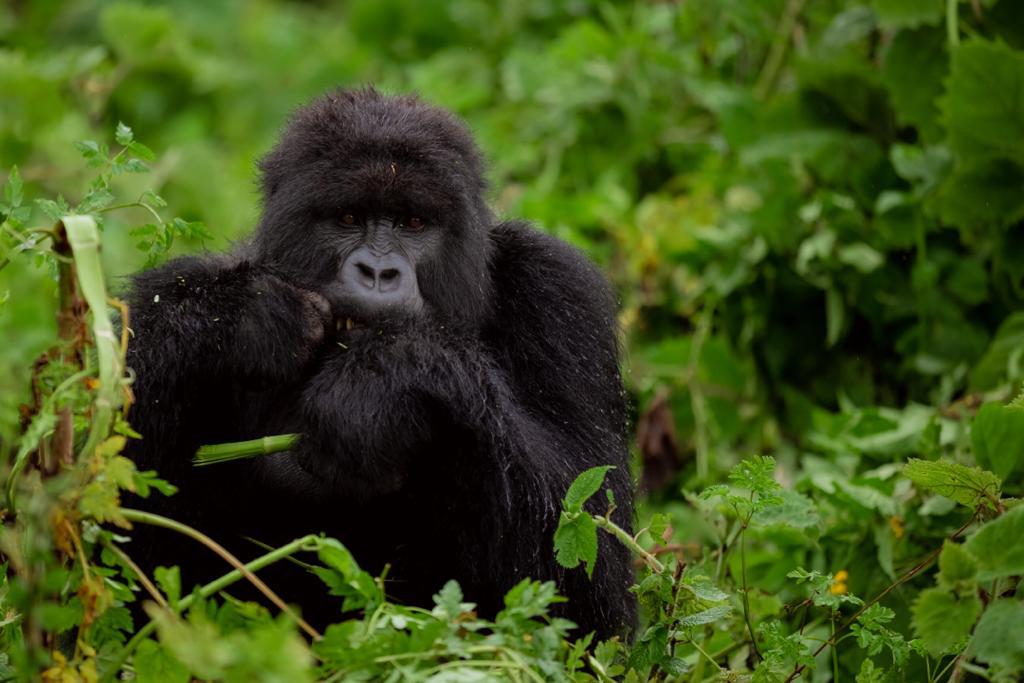
It busily scavenges through the bushes in its territory, munching on leaves simultaneously.
These two gorillas represent at least 880 mountain gorillas left in the world, and Rwanda is home to many of them.
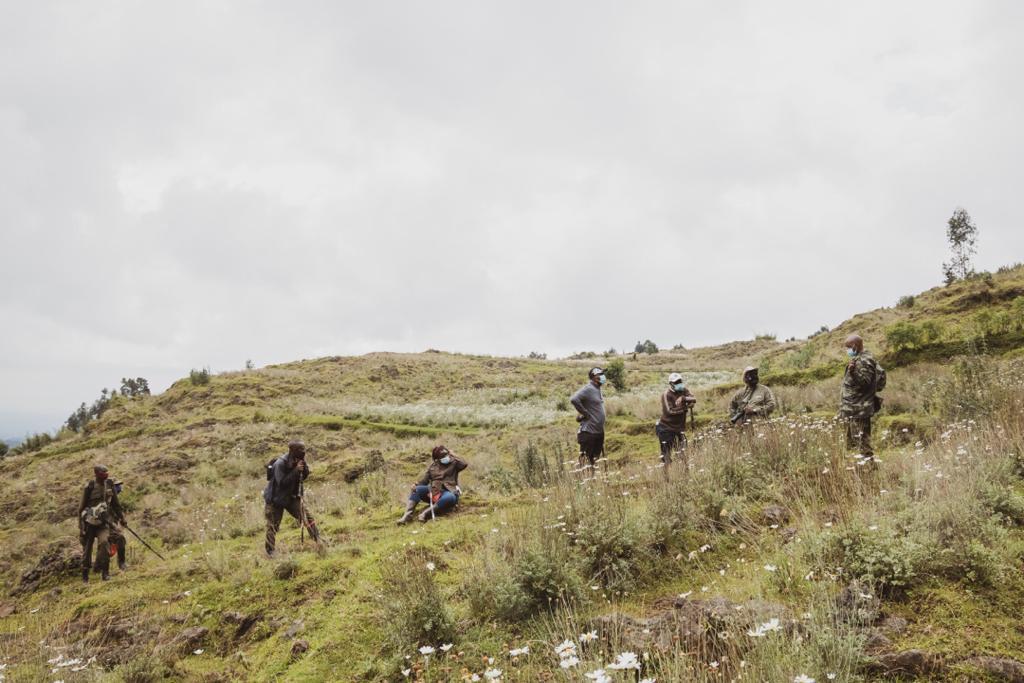
At least 176 have been accustomed to tourist presence, and the others are kept away for research, whiles painstaking efforts are made to keep them safe.
There was feet disinfecting before we entered the forest to prevent contamination. It was, quite frankly, not a journey for the faint-hearted.
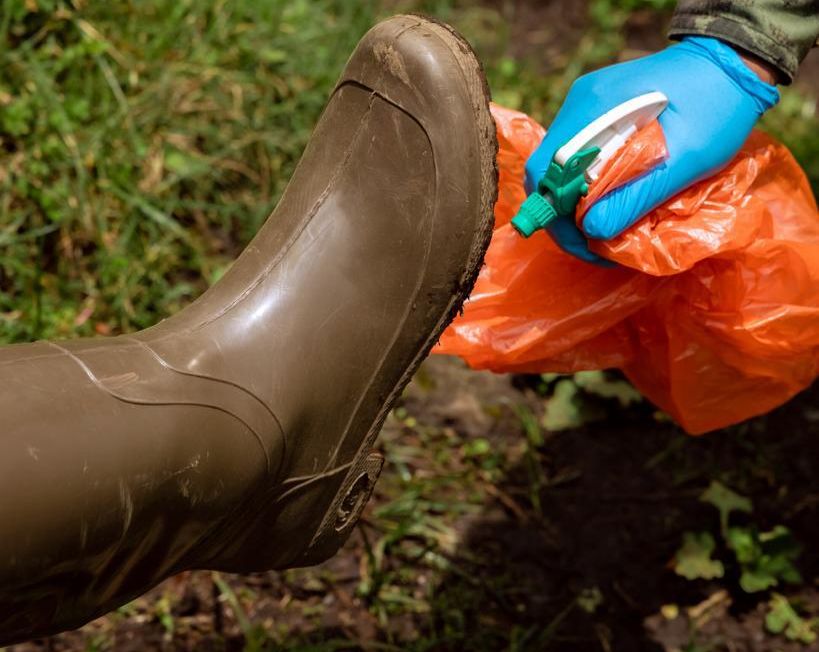
Periodically, an eventful naming ceremony is held when the gorillas give birth. Outstanding individuals of society can either name the baby gorillas or be nominated to do so.
The names could be in English but often they are translated to reflect Rwandan culture. Adoption is also allowed, although the gorillas will stay in their various territories in the forest.
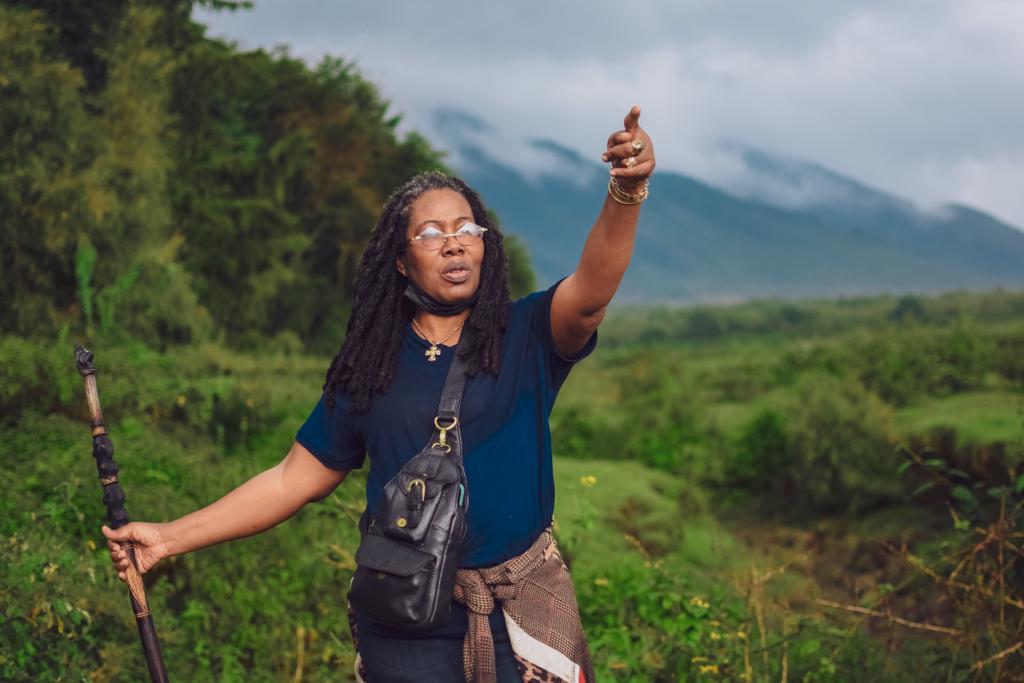
This is part of aggressive efforts to prevent extinction of the creatures; a fear entertained by American scientist Dian Fossey as far back as 1966.
Unfortunately, while researching how to keep the gorillas from being extinct, she was murdered in Rwanda in 1985. Her research was primarily to protect the animals.
Today, funds exist to continue Dian Fossey's work as Rwanda reaches out to Ghanaians and other Africans to visit in the coming weeks.
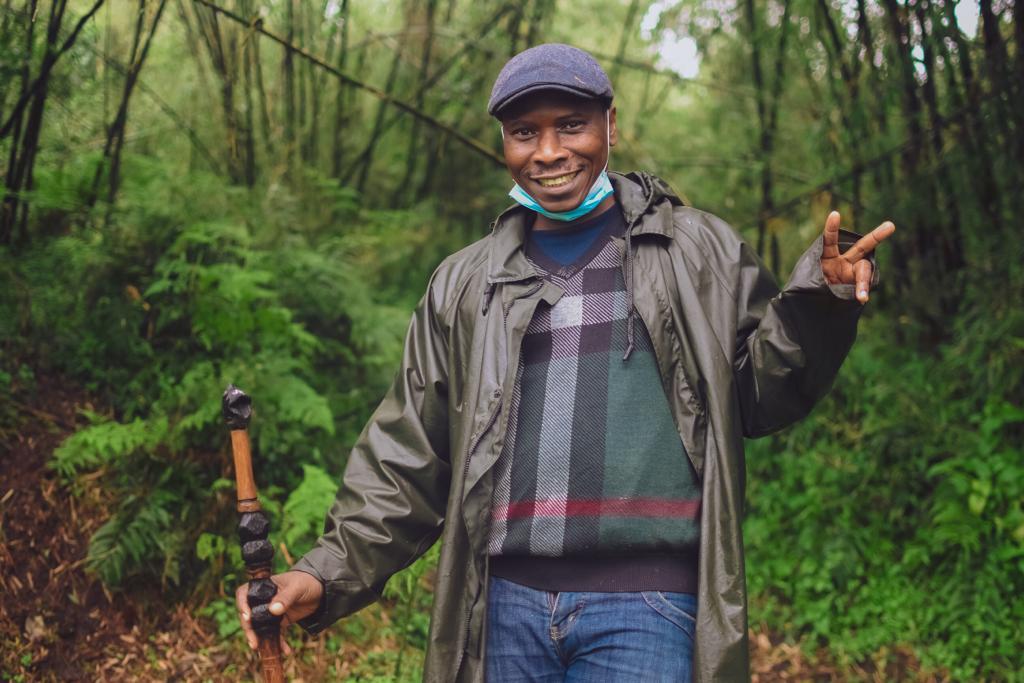
Perhaps it will be an opportunity to name some gorilla babies after Ghana’s unique naming styles tied to days of the week.
Latest Stories
-
Sadiq Abubakar confirmed as Old Tafo MCE with 100% endorsement
38 minutes -
Timing of over-the-counter dollar withdrawals directive wrong – Banking consultant
51 minutes -
No more over-the-counter dollar withdrawals – Adongo
57 minutes -
Sammy Gyamfi gift saga: Mahama’s response is a slap on the wrist – Prof Appiagyei-Atua
1 hour -
Mahama appoints Florence Adei Ohene as second Deputy MD of Consolidated Bank Ghana
1 hour -
KNUST new council chair charts bold path to global eminence
1 hour -
GEA boss hails Mastercard Foundation’s youth empowerment drive as ‘transformative’
1 hour -
AfriMass network launches mentorship programme to nurture next generation of journalists
1 hour -
AI beats traditional tools in forecasting Ghana’s SME finances, study finds
1 hour -
Ghana needs bold thinkers to achieve food security – OFAB Ghana
1 hour -
We haven’t received any directive to halt over-the-counter dollar withdrawals – Bankers Association
2 hours -
The Makers House Chapel opens an inclusive Sunday School unit, giving hope to families with Special Needs children
2 hours -
Acting in US Law & Order series was my biggest deal – KSM
2 hours -
Ghana’s film industry has ingredients but lacks recipe – KSM
3 hours -
Presidency’s decision on Sammy Gyamfi gifting saga baseless – Haruna Mohammed
3 hours

